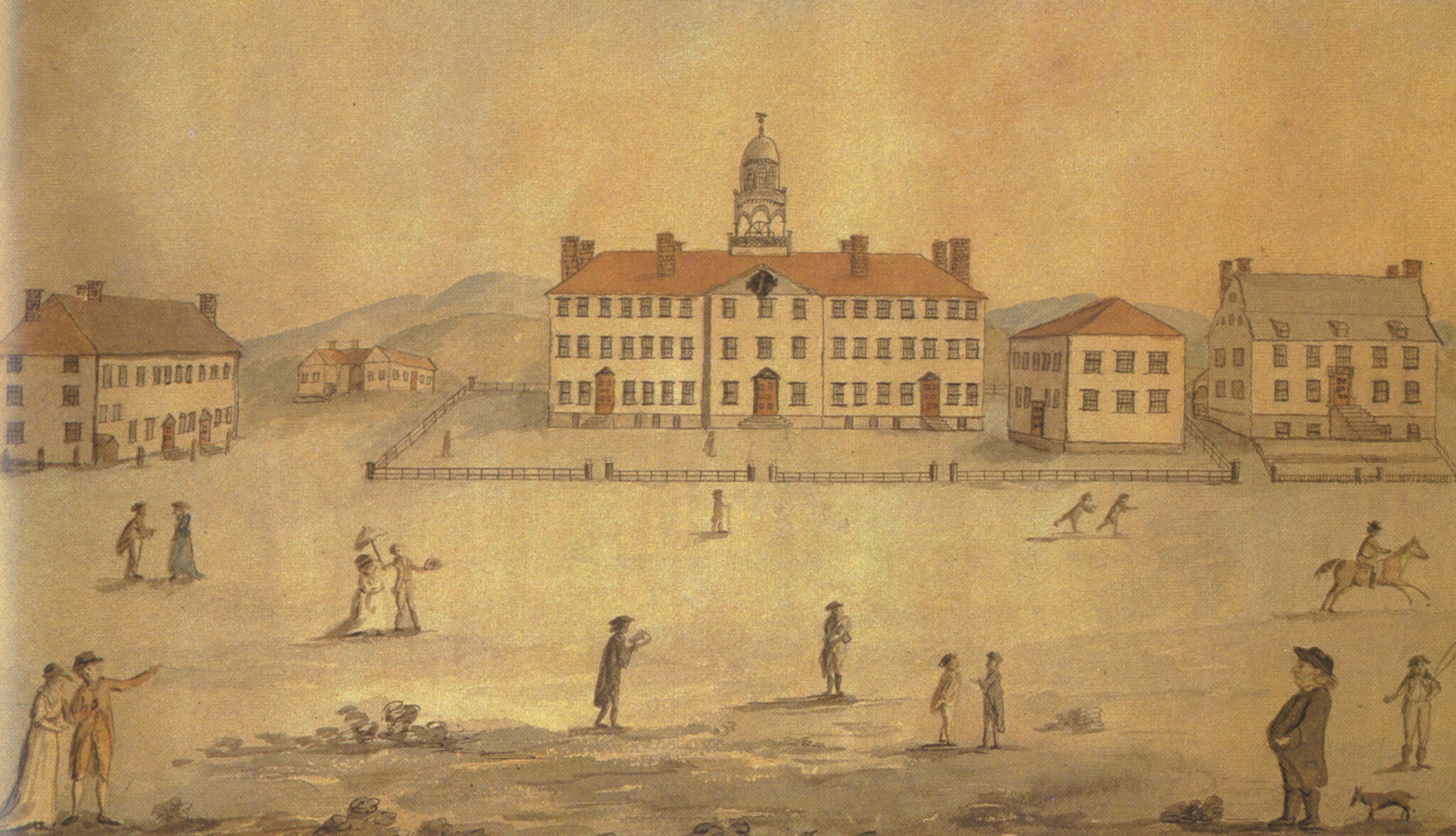Hercules Lenson was enslaved by Eleazar Wheelock at the age of three and later gained his freedom

On May 13, 1762, a family of three enslaved persons was sold for £75 to Eleazar Wheelock by a Colony of Connecticut widow named Ann Morison. The family consisted of a son named Hercules, his mother Chloe, and his father Exeter. At the time of the purchase, Hercules was three years old.
At some point, it would appear that young Hercules was renamed Archelaus after Herod Archelous, a king of Judea—both names in keeping with the convention of naming enslaved persons after the classical and classicizing references popular in 18th-century Britain. Why Wheelock—or perhaps Hercules himself—renamed the boy remains a mystery, but from the beginning Wheelock found in young Hercules or Archelaus an intelligent young man.
Wheelock educated Hercules, referring to him in a recommendation dated November of 1765 as “almost a good reader.” Wheelock goes on to say that if his “Abilities & Diſposition…Shall prove such that I can do it with Safety, to give him his freedom at y.e Age of 28 years and accommodate him to live in y.e world, and take care of his Parents if they Shall need.”
Nearly eight years later, Hercules was implicated in a legal conflict. Caesar, another enslaved man, was charged with defaming one of Wheelock’s white, possibly indentured, servants by claiming that Hercules and an enslaved man named Brister had had “carnal knowledge” of her. Caesar was ordered to pay £10 in damages; if Hercules was also formally punished, no record of it exists.
In Wheelock’s 1779 will, Hercules, who would have been about 17 at the time, was indeed bequeathed freedom and 50 acres of land upon reaching 25. But, perhaps as a result of Hercules’s involvement in the conflict, it was on the condition that he could demonstrate his moral character, as well as an ability to “conduct himself among men” and provide for himself. Furthermore, as Wheelock’s recommendation of 1765 infers, it is entirely possible that Wheelock’s motivation for this bequest is more mercenary than magnanimous. By law, Wheelock would have been obligated to care for the elderly and infirm among the persons he enslaved. In granting them freedom, and even educating Hercules to be self-sufficient, Wheelock is letting himself and his heirs off the hook for the maintenance of Hercules and his parents.

